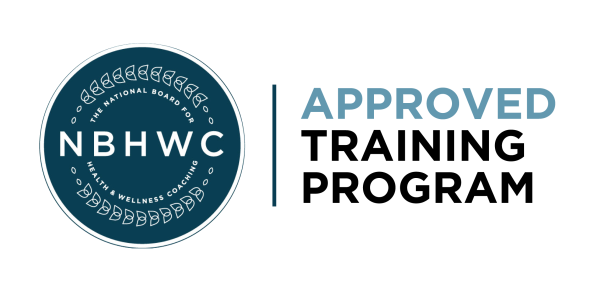April 19th
SIGN UP HEREHistory of Health Board Certification
Health and wellness coaching has been around for decades, but as with many other coaching niches, it’s been largely unregulated. In 2010, a group of health and wellness coaches, medical doctors, and industry thought leaders envisioned a more robust certification process to bolster wellness coaching credibility in the medical sector.
From 2012 to 2016, The National Consortium for Credentialing of Health and Wellness Coaches (NCCHWC) worked to discover what it would mean to define what a certified health and wellness coach would look like. This included a national stakeholder summit, a job task analysis, and a national validation survey. The number of stakeholders consulted added into the hundreds and included medical and mental health professionals, researchers, subject matter experts, university educators, and more.
In 2016, the NCCHWC partnered with the National Board for Medical Examiners (NBME) to develop a board certification examination to make this vision a reality. Now health and wellness coaches are able to become health board certified, which is an incredible leap for the industry and an exciting new endeavor. It gives a previously unregulated industry the backing of a reputable professional organization, which lends amazing credibility to the work.
Expanding the wellness definition and the scope of medical professionals opens doors for broader preventive care. Health and wellness coaches improve general health outcomes and can now integrate with the medical field, reducing the load on MDs and empowering patients to be more proactive in managing their health.
Today, there is a category III CPT code for health and wellness coaching, enabling certain insurance companies to provide reimbursement for coaching sessions. This news is not only great for the wellness coaching industry, it also impacts potential coaching clients who may not have the financials to be coached.
"The new codes acknowledge the potential value of Health and Well-Being Coaching services, well documented in the scientific literature, for patients wishing to prevent or reduce the suffering and costs of chronic conditions including prediabetes, diabetes, hypertension, heart disease, and obesity," notes Margaret Moore, NBHWC board member in a press release issued by the NBHWC.
The Category III Health and Well-Being Coaching Codes include:
• 0591T Health and Well-Being Coaching face-to-face; individual, initial assessment
• 0592T individual, follow-up session, at least 30 minutes
• 0593T group (two or more individuals), at least 30 minutes
The NBHWC and the U.S. Department of Veterans Affairs (VA) pursued the adoption of these codes in 2019. The involvement of the VA is huge in the future of reimbursement for health coaching, as it is a massive government organization that has the potential to provide great support and great data for the NBHWC. Health coaching could provide widespread improvement in how VA care is handled. If this trajectory continues, it could pave the way for Category I approval, requiring all insurance payers to reimburse for these codes rather than just a select group.
In the first five years, the NBHWC has certified over 5,000 coaches. These coaches work in healthcare settings, educational settings, academic settings, and in their own private practice. They are making a huge difference in their communities and across the country.

Transform your journey with
Coach Training EDU
Our mission is to provide life coach training that Changes Lives, Launches Careers, and Promotes Human Flourishing
503.360.6700
contact@coachtraining.edu.com
403 Portway Drive, Suite 300
Hood River, Oregon 97031